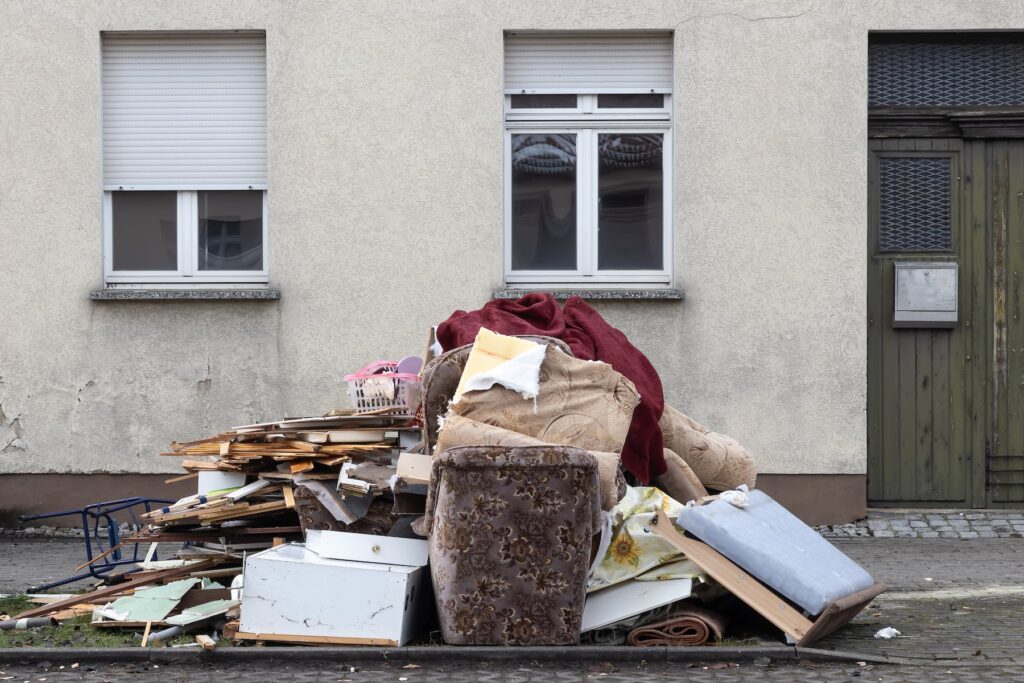
A resident’s peaceful enjoyment of her home has been disrupted by the untidy habits of her new neighbors. After living in her house for more than 40 years, she has found herself increasingly frustrated by the clutter accumulating in the yard next door. Although the new family is friendly, their lack of attention to property maintenance has caused her to avoid using her porch, a space that used to provide comfort and relaxation.
Growing Concerns Over Property Maintenance
The issue began when a young family moved in next door. While they exchange pleasantries and maintain a polite demeanor, their yard has become a source of distress. Trash cans are carelessly left against the wall after garbage pickup, leading to a buildup of debris. Items such as flattened boxes, broken cement pieces, and discarded wood accumulate, creating an appearance reminiscent of a dumping ground.
Additionally, the opposite side of their yard does not fare much better, as toys, a stroller, bicycles, and gardening tools are left scattered across the lawn. This disarray has persisted without any signs of being tidied up. The neighbor has even observed car doors left open overnight, raising concerns about safety and carelessness.
As summer approached, the view from her porch became increasingly unpleasant, prompting her to stop using the space entirely. Once a favorite spot for morning coffee and evening relaxation, the porch now feels overshadowed by the chaos next door. With worries that the situation could escalate into something resembling hoarding, she feels compelled to address the issue.
Seeking a Peaceful Resolution
The resident recognizes the challenge of discussing her neighbors’ property maintenance without causing offense. Despite their friendly interactions, she is concerned that bringing up the clutter could be perceived as rude or judgmental. She seeks advice on how to approach the situation in a way that preserves the sense of community on their street.
In response, Annie Lane suggests starting the conversation with a gentle request. By expressing her love for her porch and mentioning the difficulties posed by the trash, she may prompt her neighbors to reconsider their habits. It is possible that they are unaware of how their actions affect others.
If a direct approach does not yield results, Lane advises checking local ordinances regarding property maintenance. Many communities have regulations that require trash cans and debris to be kept out of sight. In this case, local codes could serve as a means of enforcement, allowing the resident to maintain her peace without engaging in personal conflict.
Ultimately, starting with kindness and understanding can pave the way for a more pleasant neighborhood atmosphere. By addressing the situation thoughtfully, she may reclaim the comfort of her home while fostering good relations with her neighbors.
For further inquiries, readers can reach out to Dear Annie through her official channels for additional advice on similar matters.







